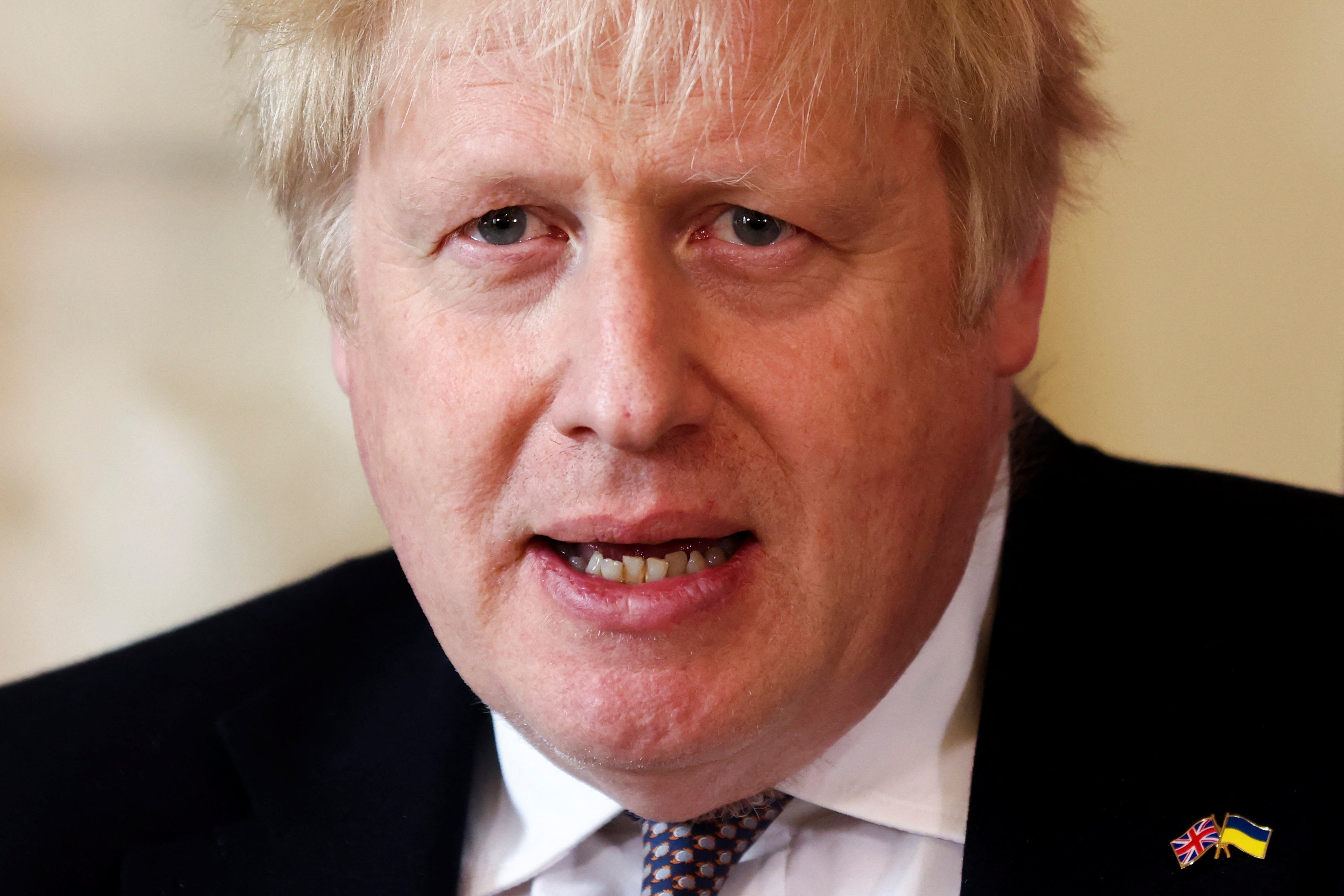Correct the record, prime minister: it is in your own interest
Boris Johnson’s reputation for being careless with facts undermines democracy, but it undermines him too, writes John Rentoul


Boris Johnson was like a child hauled to the headteacher’s office to establish the facts about another child’s missing phone. “I think I gave it back to her,” he might have said. He told Stephen Timms, the Labour chair of the Work and Pensions Select Committee, “I think I took steps to correct the record earlier,” when asked about his incorrect claim that more people are in work than before the pandemic.
He has not corrected the record. What he has done, as he explained to headteacher Timms, is reword that claim so that it is accurate: there are more employees on payrolls than before the pandemic. From the prime minister’s point of view, stopping making an untrue claim and being careful with language once the untrue claim has been pointed out amounts to “correcting the record”, but that is not what most people mean by the phrase.
“What does it matter?” Johnson will be asking himself and his advisers. “No one will now be misled by my previous statements. The opposition and the media have made such a fuss about it that the true facts have had more attention than the initial claims, and anyway, it doesn’t matter because the total number of people in work, employees and self-employed, will soon be higher than it was before the pandemic. Never wrong for long.”
It matters because it further erodes trust in politicians and in politics. To take one small example, Timms, a fair-minded, decent MP, cannot have been impressed by the prime minister’s sleight of tongue. When Johnson said he thought he had corrected the record earlier, Timms said: “Have you? Ah, I hadn’t seen that.” After the session, when Timms checked and found that the prime minister had done no such thing, he might have found himself disinclined to accept anything Johnson says next time.
Multiply that effect a thousand times – for all those people who might be prepared to give the prime minister the benefit of the doubt, but feel that he is doing his best to make people doubt him – and you can see why it might be in Johnson’s own interest to correct the record, even if he thinks it doesn’t matter.
It is in the interest of democracy, too, because if trust in politicians falls even lower, it will be harder for voters to believe that politics, for all its imperfections, is the way to change things for the better.
That is why The Independent is holding Johnson and his ministers to account, by listing the untrue statements they have made in parliament and have failed to correct. Working in partnership with Full Fact, an independent fact-checking organisation, we hope to raise the bar for politicians of all parties.
It is not as if this government is impervious to pressure. In February, as Vladimir Putin was just about to invade Ukraine, the prime minister published a written statement correcting his claim in the Commons the previous day that Roman Abramovich, the Russian-Israeli owner of Chelsea Football Club, was “already facing sanctions” (the correction was in effect to substitute “not” for “already”). That is the kind of thing we want to see more of, and I think campaigns by journalists and independent organisations will be a more effective way of securing corrections than trying to set up a bureaucracy to enforce it.
Full Fact has already proved its worth as a source of reliable information about conspiracy theories, especially during the pandemic, but it is also campaigning with admirable impartiality for politicians to publicly correct their mistakes. Yesterday, Full Fact pointed out that Keir Starmer had wrongly claimed that people with income from stocks and shares wouldn’t pay more as a result of the government’s tax changes, when the dividend tax is rising by the same amount as national insurance contributions.
Johnson already has a reputation for being careless with facts. “That hasn’t stopped me becoming prime minister,” he might protest. But an honest adviser, with his boss’s interest in mind and the courage to tell him what he doesn’t want to hear, would point out that he might have a chance of being prime minister for longer if he could raise his reputation from totally unreliable to slightly slippery.
All politicians should get used to correcting their mistakes. It is in their own interest.
Join our commenting forum
Join thought-provoking conversations, follow other Independent readers and see their replies
Comments
Bookmark popover
Removed from bookmarks